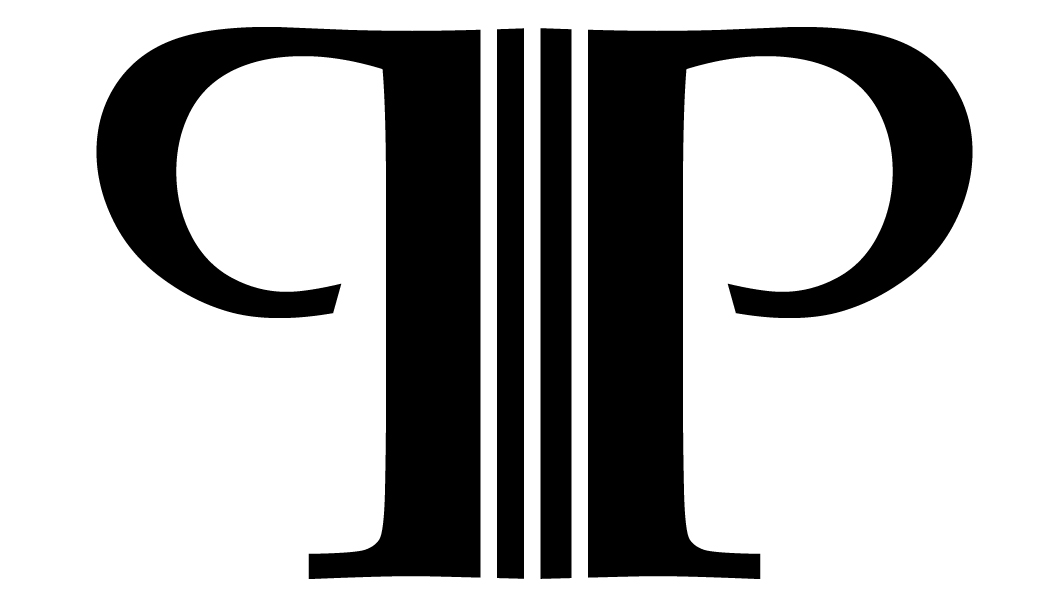Recital prep is all-consuming for months ahead of the scheduled event. In each recital there are players who work with a pianist and those who play duets or simply unaccompanied cello.
For this spring recital it happened that there were a lot of students wanting to work with a piano. Some are experienced at it, for others it is their maiden flight.
Finding someone to play with students is not easy: often I have wished there were a Match.com for students and pianists. Learning to play with other instruments, especially a piano, is challenging on it’s easiest days, and bear-like on others and makes me feel protective. Last season the piano at the venue where we rehearsed was horribly low in pitch. It required the cellists to tune down way below comfort level in order to meet the piano. One of my advanced students fiddled with the tuner to find what Hz the piano was at, wrestled with her wire stand (ultimately bending it into submission), adjusted and readjusted her stool then sat to begin. The lower sound of her instrument, coupled by the fact that we were in a church basement threw her. She glanced at the pianist, who smiled over the music, then looked up at me, who smiled from the corner, and began to play. Unfortunately as I watched her, immediately the tears began to run down her cheeks. I clamored out of my metal chair, Lynette knocked over her piano bench, each hurrying to comfort the distressed, yet still playing, teen cellist.
Everyone had two rehearsals in the studio with Lynette on our piano. She drove here six times in the two weeks proceeding the recital, each day arriving with an armful of music, sticky notes in an array of neon colors fanning out from the pages of the books. Each day I would put a different, small gift on the piano bench. The second day she looked at me, questioningly, about “another gift?” Although I had definitely crossed into the over-gifting category, it was the only way I could think of to express my gratitude.
One after the other, each player sat down in the same spot. Exactly where they could see her peripherally from their left eye. Students new to this process adjusted their music with shaking hands. They learned to look to her for the ‘ready’ but not before swinging to look to me for the ‘it’s going to be OK.’
We launched, we stopped, we clapped, we stomped, we added the third player- Mr. Metronome. Each time, every time, Lynette calmly smiled.
Audrey sat down and beautifully played through the Chopin Sonata Largo movement the very first time she tried. We all laughed and cheered. Lynette stood and clapped.
At the recital Paul and I dragged the small grand across the floor to be sure that the configuration that the students had been sitting in with the piano remained the same.
Lynnette entered, arms full of books, neon stickies gaily waving back and forth.
David sat down to play. He had, as had his trembling, told me that he was nervous. But, as we’d rehearsed, he focused on the gift of the music, filled his lungs with air, blew it all out and began. He used the big, whole bow that we talked about to get rid of excess nervous energy; he used a calm, low carriage and Mozart jumped out of his F holes. But, almost finished, his eyes shifted him to a line in the music completely unrelated to the one he had been playing and he momentarily stumbled, playing the incorrect line. Lynette glanced up from the piano, calmly smiled, threw that big net out underneath him and quietly, quickly and neatly caught him.
It was in that moment that I knew the very real difference between a pianist, and a pianist who is also an accompanist.
Melissa Perley
